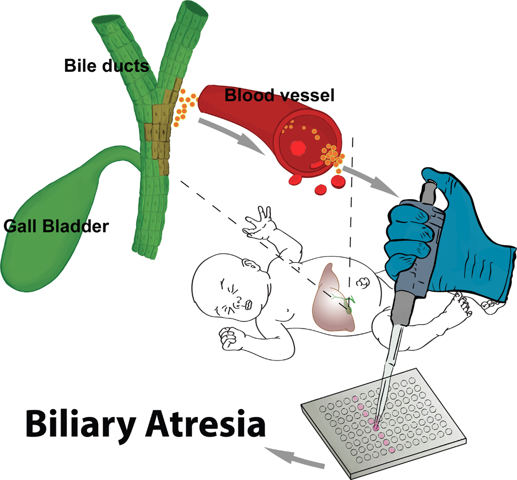Meet the Principal Investigator

Jorge A. Bezerra, M.D.
Professor and Chair, Department of Pediatrics
Pediatrician-in-Chief, Children's Medical Center Dallas
Robert L. Moore Chair in Pediatrics
Dr. Bezerra is the principal investigator of studies funded by the National Institutes of Health investigating mechanisms of liver and biliary injury in children, with a focus on biliary atresia, the most severe form of chronic liver disease in children. Previous studies discovered how the innate and adaptive immune systems regulate pathogenic mechanisms of disease by targeting the bile ducts and liver.
Dr. Bezerra's current studies investigate how developmental defects increase the susceptibility of the biliary epithelium to infectious and toxic insults. Some of his experimental strategies use 1) modeling the human disease using novel epithelial-mesenchymal organoids derived from normal- and diseased-human livers, 2) virus-induced model of experimental biliary atresia, and 3) in silico modeling of disease to understand biological and clinical determinants of disease phenotypes.
Current Investigation
A. Modeling of disease using liver-derived organoids
Engineering of human biliary epithelial organoids revealed maturational defect, abnormal intercellular junctions, mal-positioning of cilium, and increased permeability in patients with biliary atresia (Hepatology. 2022; PMID: 34392560).
B. Control of liver and bile duct injury by microbial metabolites
Dietary supplementation of pregnant mice with Butyrate influences the development of the microbiome of newly born mice and renders them resistant to biliary injury. The primary mechanism of resistance includes the production of glutamine by the intestinal microbiome, which serves as a survival factor for bile duct epithelial cells (Nat Commun. 2022; PMID: 35013245).
C. Development of biomarkers to improve diagnostics and therapeutics in biliary atresia
Serum proteomics discovered MMP-7 as a highly predictive biomarker of biliary atresia, followed by validation studies in North-American cohorts (Sci Transl Med. 2017; PMID: 29167395 and Hepatology 2024;PMID: 38446707).
